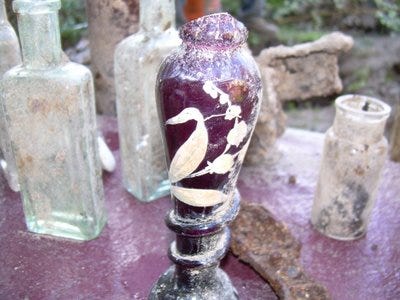Northern California’s largest public media company, KQED, announced layoffs of what it said was 8 percent of its staff this week to help make up a budget deficit running over the past few fiscal years.
The move is the latest of many downsizings throughout public broadcasting, including deep cuts last year at NPR.
But it isn’t only non-profit journalism that is suffering; the media industry as a whole is sin disarray. The Washington Postannounced plans to try and retool after losing $77 million last year.
The Post says it has lost half of its audience since 2020. That sounds less like a seasonal dip than a potential death spiral.
Many, many other newspapers and media companies are losing money and laying off staff as well.
There are many factors at play here, including technology, changes in consumer habits, industry consolidation, demographic changes and so on, but the fundamental concern as we lose credible news sources is what will happen to our democracy?
The media industry isn’t just any industry. If you can afford to, subscribe to the publications you like and become a member of public media as soon as possible.
Before there is nothing left to subscribe to or become a member of at all.
Further reading from Politico: “The Collapse of the News Industry Is Taking Its Soul Down With It.”
HEADLINES:
This Supreme Court Term Was All About Undoing Democracy (Mother Jones)
Trump’s fascist talk is what’s ‘poisoning the blood of our country’ (WP)
There Is Literally Nothing Trump Can Say That Will Stop Republicans from Voting for Him (New Yorker)
A new novel shows how the U.S. fought Nazis with economics (Axios)
China-Taiwan conflict explained: What happens if Beijing tries to invade? (Independent)
U.S. tourist facing jail in Turks and Caicos for possessing ammunition is released (NBC)
Russian sources indicate Putin is ready to halt the conflict on the current battlefield lines. (Reuters)
US missionaries killed in Haiti gang violence (BBC)
More aid getting from US pier to people in Gaza, officials say, after troubled launch (AP)
College athletes are set to be paid directly by schools under a new deal. The NCAA approved the deal in a settlement this week. (WP)
The Washington Post lays out an optimistic new strategy after grim financial numbers (Poynter)
The Justice Department filed a long-awaited antitrust lawsuit against Ticketmaster and Live Nation on Thursday, seeking to break up what officials call an unlawful monopoly. [HuffPost]
This hurricane season could be among the worst in decades. Meteorologists yesterday predicted 17 to 25 tropical storms and said eight to 13 of them are likely to become hurricanes, fueled by record ocean temperatures. (WP)
Google’s AI search tool tells users to ‘eat rocks’ for your health (Financial Times)
ChatGPT Answers Programming Questions Incorrectly 52% of the Time: Study (Gizmodo)
Report: School Shootings Either Way Down Or Too Depressing For Media To Cover (The Onion)



